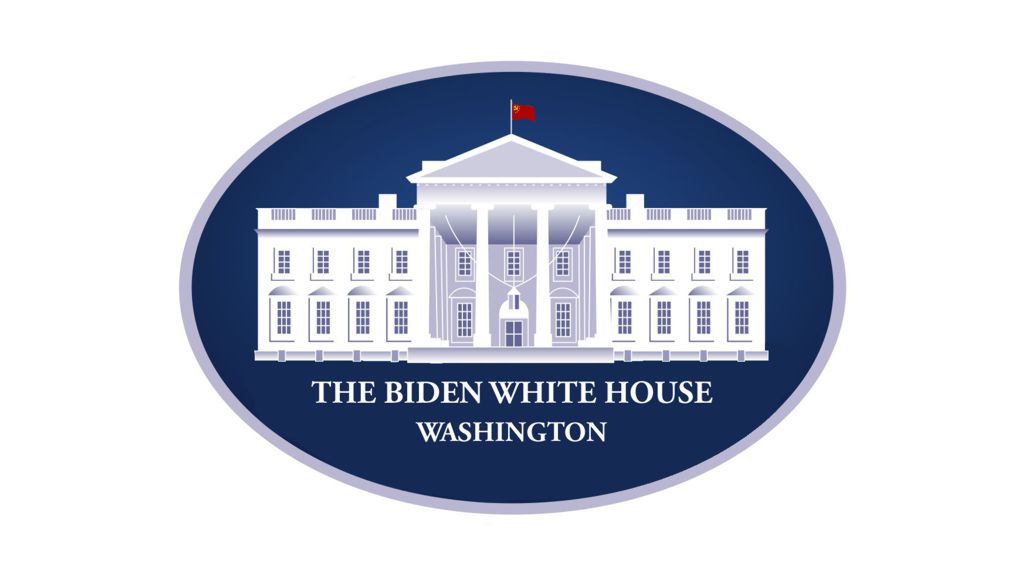Summary
The Declaration outlines current international laws and policies on women’s rights and how they are being threatened by organizations that are trying to change the definition of woman. It reaffirms existing women’s rights and suggests ways that states should promote and protect them. It was drafted with input from women internationally. Launching in March 2019, the Declaration is a clear call to law and policy makers to retain the sex-based biological definition of woman.
The Declaration on Women’s Sex Based Rights is a statement on the importance of keeping the current sex based definition of woman.
Women’s rights, set out in the 1979 Convention on the Elimination of all Forms of Discrimination against Women (CEDAW) and subsequent international agreements, are based on our sex, defined by the UN as “the physical and biological characteristics that distinguish males from females”[1].
In recent years organisations have been quietly trying to replace the idea of biological sex with the idea of “gender identity” in human rights documents; and to include men who say they have a female “gender identity” in the word “woman”.
Many women’s rights are related to our biologically female bodies e.g. the right to abortion, and maternal rights. Other women’s rights are aimed at eliminating discrimination against women in public life e.g. women’s rights to education, political representation, work, equal pay. Further women’s rights are to protect us against violence or harmful practices e.g. rape, and FGM.
A key way women and girls are denied rights is by gender or sex role stereotyping (e.g. girls should help at home while boys go to school). The UN recognises this is harmful and works for “the elimination of prejudices and customary and all other practices which are based on the idea of the inferiority or the superiority of either of the sexes or on stereotyped roles for men and women.”[2] The Declaration raises concern that the term “gender identity” reinforces sex role stereotyping because it is only possible to have a “gender identity” by choosing between sex role stereotypes for men and women.
In recent years some governments have been substituting “gender identity” for biological sex in law and policy, and including men who say they have a female “gender identity” in the word “woman”. This enables these men to access spaces and services set up for women and girls. This includes single sex victim support services, single sex sport, women’s shortlists designed to increase women’s participation in political and public life, scholarships and prizes for women, single sex toilets, changing rooms and sleeping areas aimed at protecting the safety, privacy and dignity of women and girls. Using “gender identity” instead of biological sex threatens maternal rights, women’s right to assemble and organise without including men, and data collection on violence against women and girls,. Furthermore, “gender identity” is being used to “transition” girls who do not conform to sex stereotypes.
[1] Gender Equality Glossary, UN Women
[2] http://www.un.org/womenwatch/daw/cedaw/cedaw.htm
declaration-on-womens-sex-based-rights-final-versionAbout Women’s Human Rights Campaign
Women’s Human Rights Campaign (WHRC) is a group of volunteer women from across the globe dedicated to protecting women’s sex-based rights. Our volunteers include academics, writers, organizers, activists, and health practitioners, and aim to represent the total breadth of the human female experience.
The Declaration on Women’s Sex Based Rights was created by the founders of WHRC to lobby nations to maintain language protecting women and girls on the basis of sex rather than “gender” or “gender identity”. Read our FAQ here.






